Ultra marathons are one of the most mentally and physically challenging races out there. What’s more is that your race does not end at the finish line. How you recover from an ultra marathon or trail race can actually be more difficult and painful than the training, but there are many steps you can take to heal your body more effectively and efficiently.
This article will tell you how to nail your post-race recovery so that you can get back into running as soon as possible.
Your body after an ultra
After an ultra, the physical stress from prolonged running actually causes damage to your body on a cellular level, affecting how your body functions. Over the course of the race, runners experience extensive muscle damage, hormone changes, inflammation, GI distress, glycogen depletion, sleep deprivation, and more. Thankfully, there are appropriate steps you can take so that your body can properly recover.

What to eat
After an ultra, your body will be looking for lots of fuel to help in the recovery process. Within 30 minutes after your race, eat a snack of mainly carbohydrates with some protein to increase blood sugar levels and to start replenishing muscle glycogen. The first 30 minutes after exercise are when your muscles are most receptive to rebuilding glycogen stores, so make sure to take advantage of this window of opportunity.
Don’t be surprised if you find that you have little appetite right after your race: this is completely normal. However, it is still vital to get in a larger recovery meal. Your recovery meal should consist of mainlycarbohydrates (to replenish your muscle glycogen stores) and some protein (for muscle repair and development). For optimal recovery, aim to consume carbs and protein in a 4:1 ratio, which means to eat 4 grams of carbohydrates for every 1 gram of protein. For example, you can have a fruit smoothie withplant-based protein or ablack-bean burger with vegetables. You want to focus on fruits, vegetables, lean protein, and whole grains as these foods will provide you with the nutrients your body needs. However, don’t be reluctant to listen to your body’s cravings: let your hunger guide you! If you continue experiencing stomach issues after a race, try eating easily digestible foods or smaller and more frequent meals.

Lastly, before going to bed, eat aprotein rich-snack. The body does most of its muscle repair during sleep, so getting in a high-protein late night snack can help aid in the recovery process.
Give your body rest
After an ultra marathon, it’s important to give your body significant rest so that you can speed up the recovery process and have a stronger return to training when it’s time to begin again. Some recommend taking one day off running for every 10 miles raced, but there isn’t an exact number of days you should rest after an ultra marathon. It will depend on a number of factors such as the length and terrain of the race, your experience, the effort exerted, and other outside stressors.
Sleep to recover
What is one of the most effective recovery techniques after a race? Sleep! Sleeping helps the body repair and reboot while compensating for the lack of sleep during the race. Consider getting at least 8 hours of sleep every night the week after your race.
Don’t forget to hydrate
It is very likely that you will experience mild dehydration at the end of your ultra, especially if the weather is warm. Startdrinking water in small sips right after the race and aim to drink 0.9-1.5 liters for every kilogram of weight lost. For example, if you find that you lost 3 kg over the course of the race, aim to drink anywhere between 2.7-4.5 liters of water. Eating salty snacks such as pretzels can help your body maximize fluid retention and stimulate thirst.

Take advantage of recovery tools
There are many tools available to help aid in your recovery. Whether you prefer foam rollers, lacrosse balls, ice baths, or a sports massage, these tools can help manage muscle inflammation, keep blood flowing, and help with cramping. Take advantage of these tools to help your muscles heal properly and to prevent scar tissue from building up.
In conclusion…
Many people underestimate just how long it takes to recover from an ultra marathon, so be sure to take your time with recovery as it is one of the most important aspects of training. Taking the proper steps to fuel, hydrate, and rest after a race goes a long way in helping reduce inflammation and muscle damage while stabilizing hormones. A lot can go wrong if you don’t treat your body properly after a race, and it can negatively impact your health, strength, and fitness. When it’s time to train again, take it slowly and ease back into your exercise regiment and take it one step at a time.

Want more training and nutrition tips? Subscribe to our newsletterhere to get the latest news and any exclusive offers!


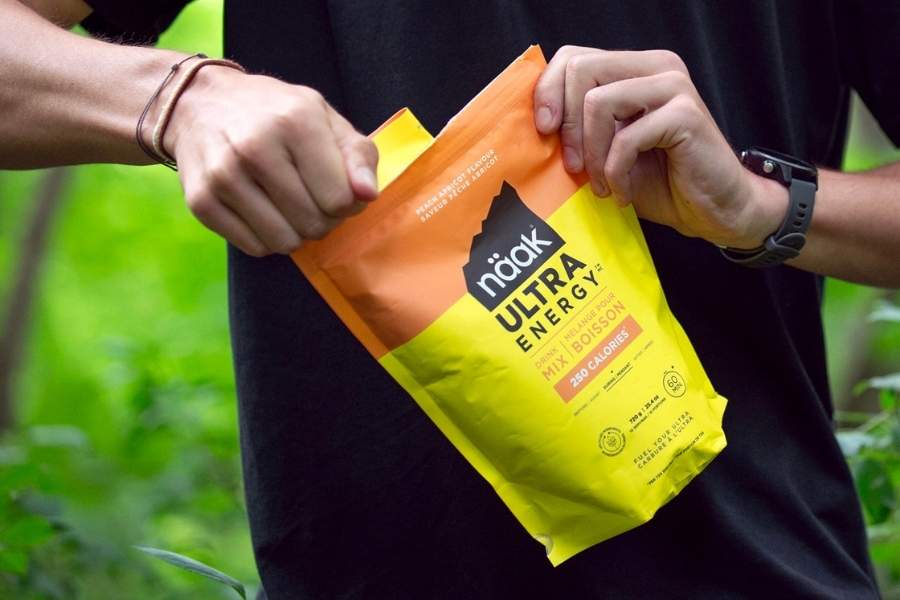

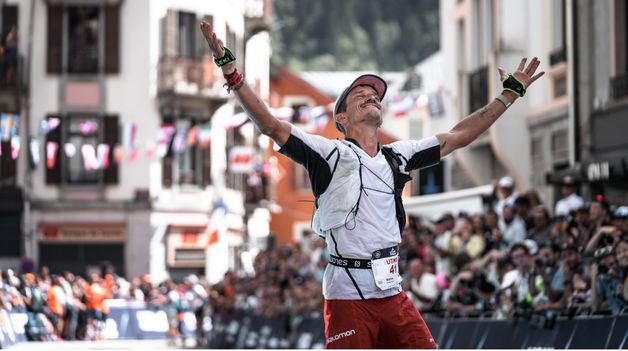



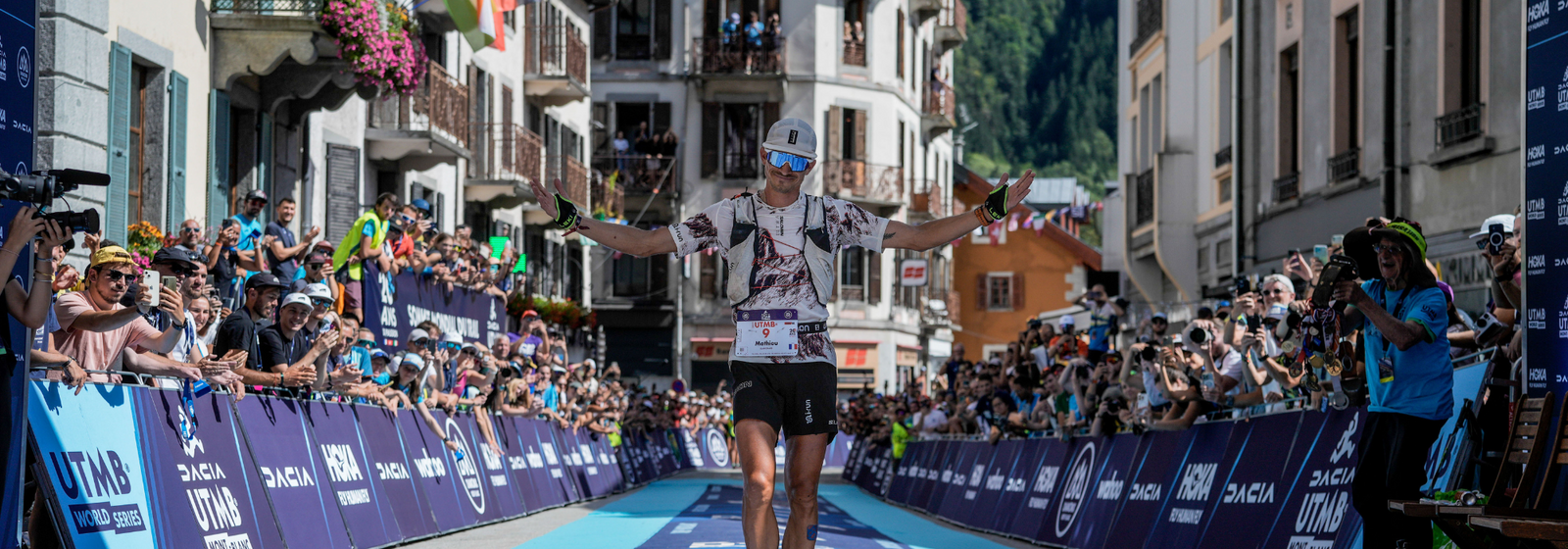




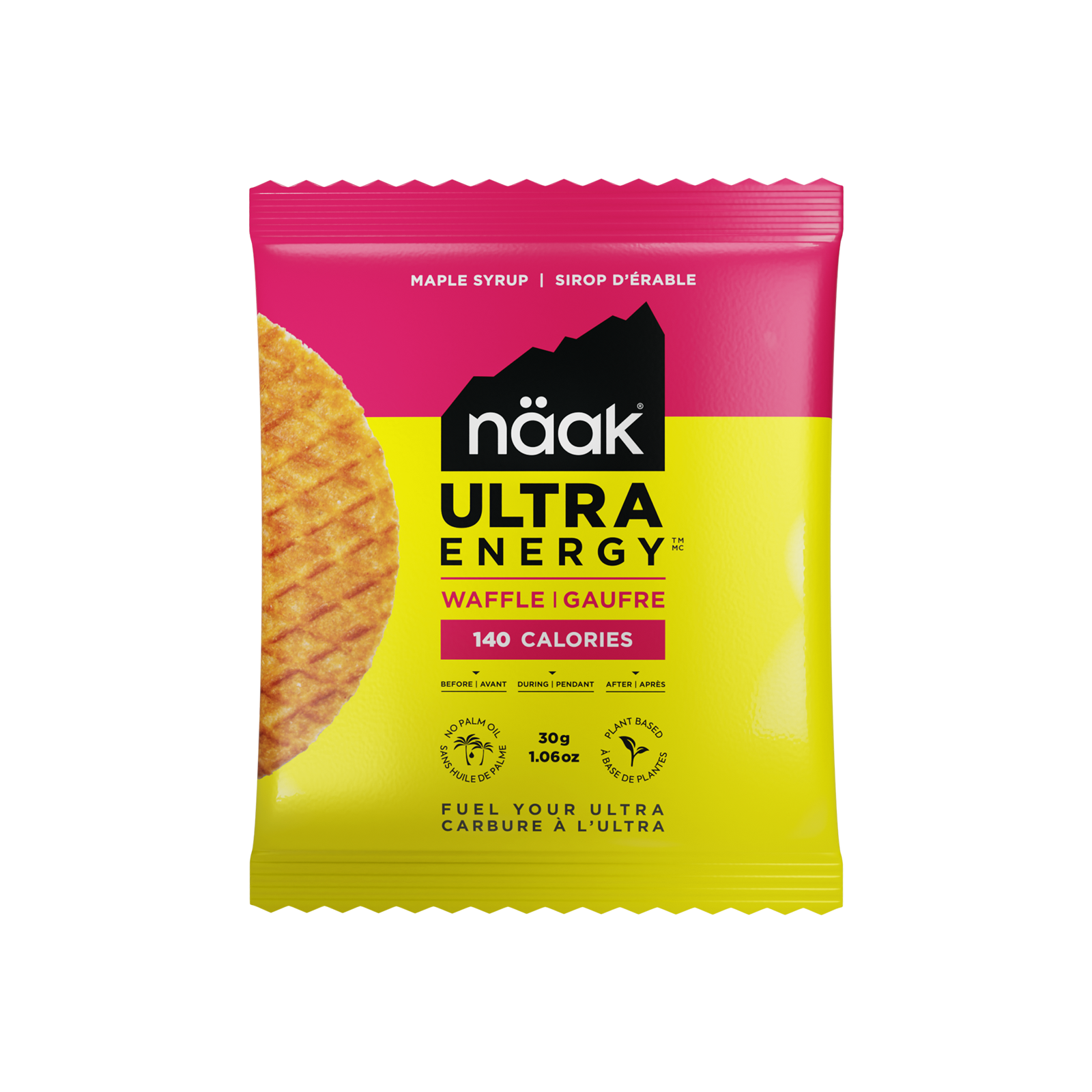
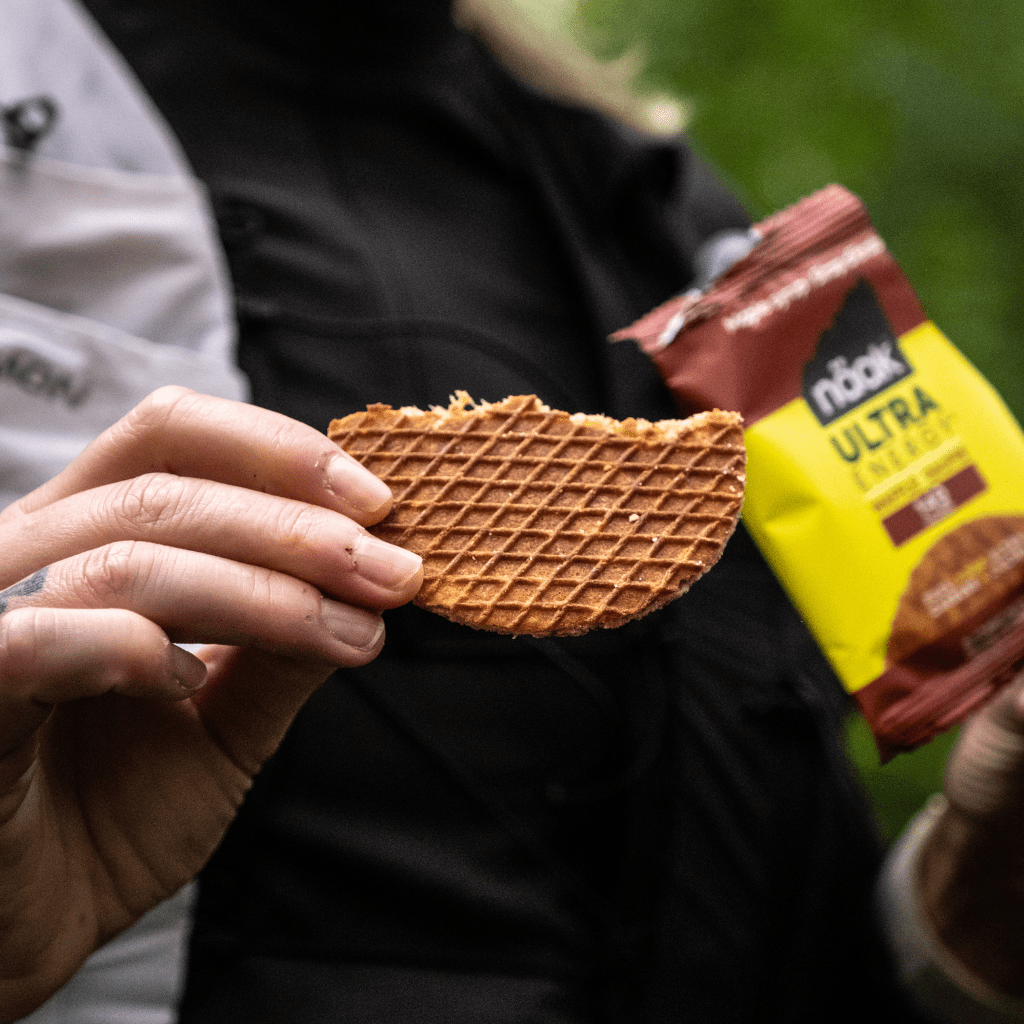
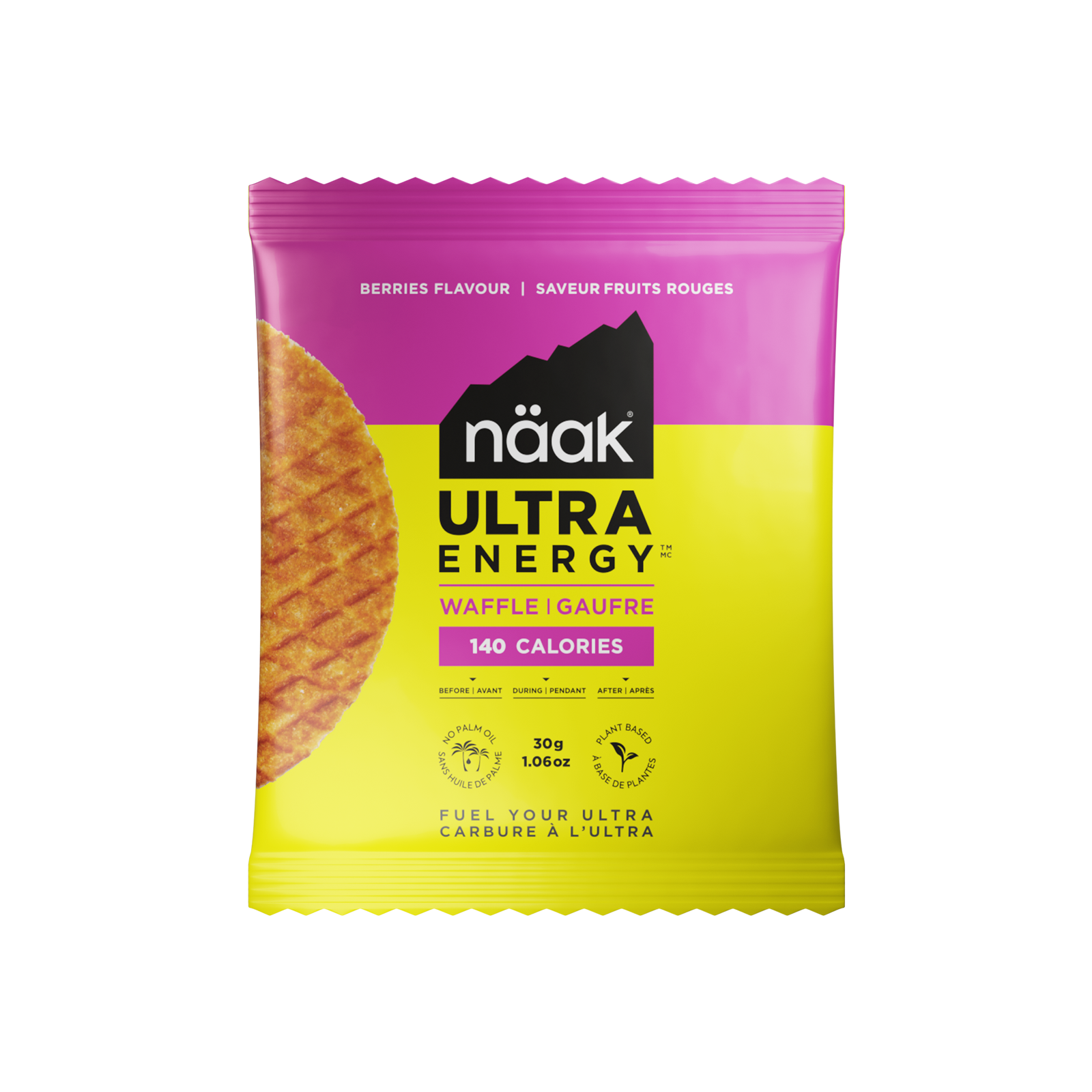


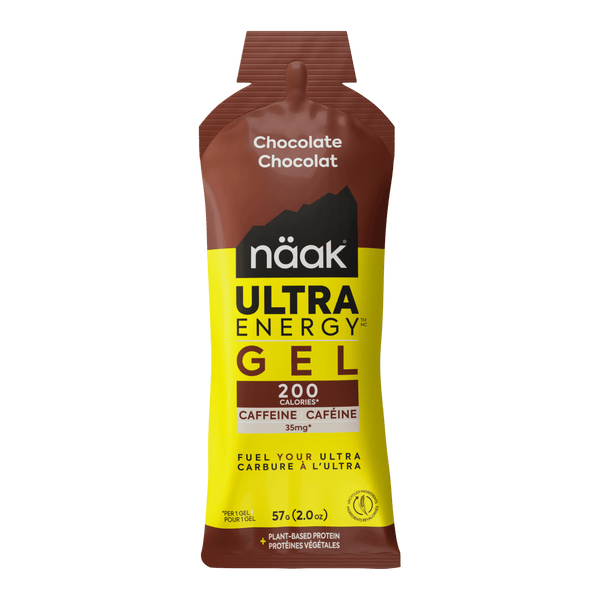
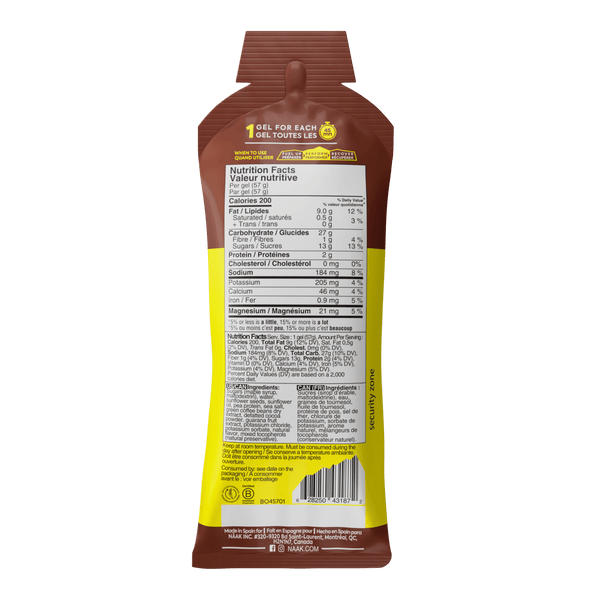
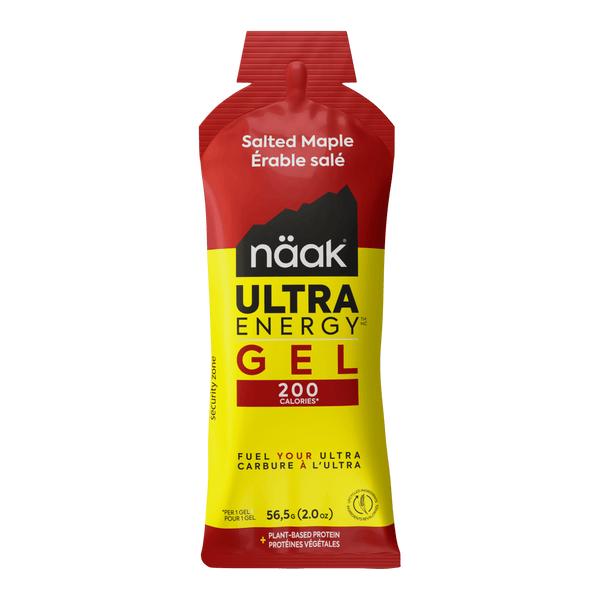
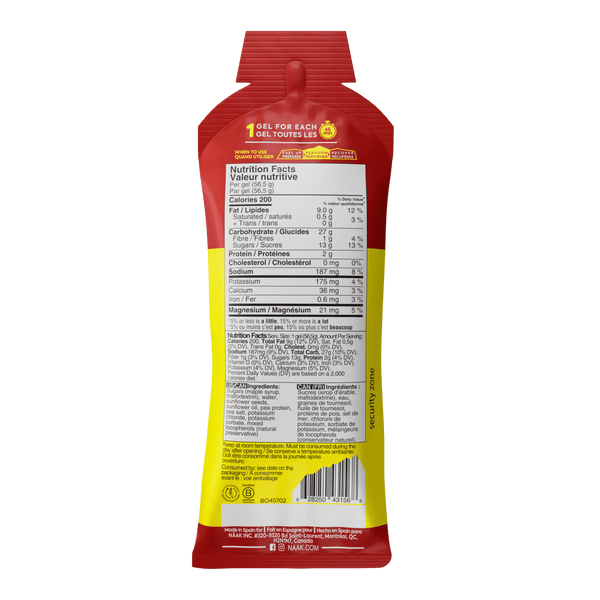
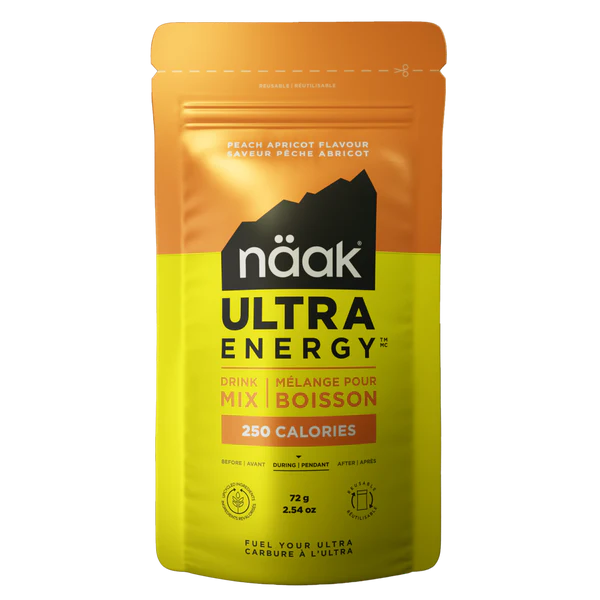
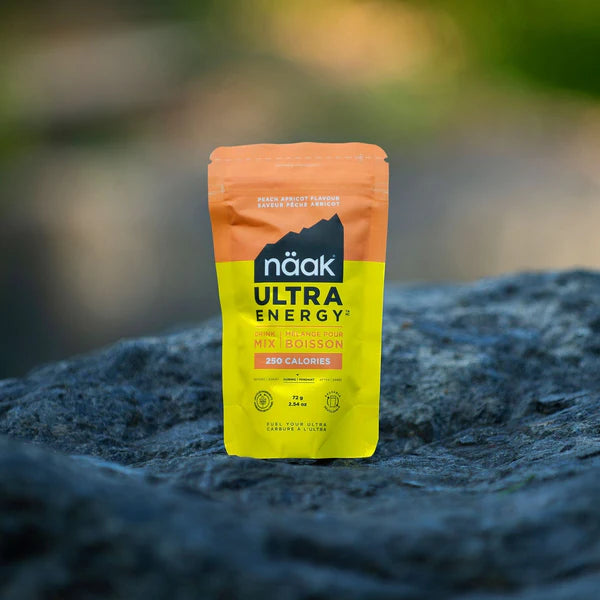


Leave a comment (all fields required)